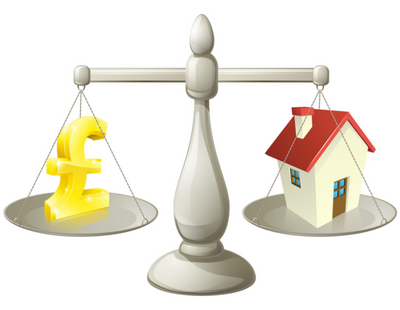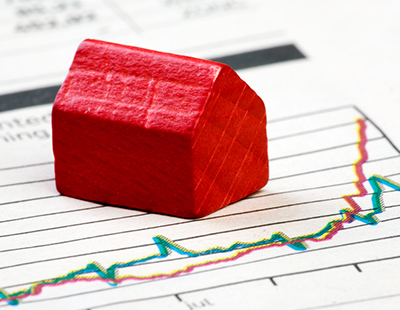
The latest house prices as indicated by the most recent index offer confirmation of “a slowing rather than collapsing market” according to leading agent Jeremy Leaf.
The north London agency owner and former RICS residential chairman, says the market is attractive for those willing to negotiate hard.
He was commenting on new figures from the Halifax showing that prices in the three months to December were 1.3 per cent higher than in the previous quarter - a gradual slowdown from 2.3% in both October and November.
The annual rate of growth has also moderated to 2.7 per cent from November’s 3.9 per cent. Ending the year, house prices in December fell by 0.6 per cent - the first monthly decline in six months.
“There is no doubt that prices are softening, particularly in London, but [the] Halifax also confirms what we are seeing on the high street - that a lot of hard bargaining is going on and people are generally trying to get on with their moves” says Leaf.
“We don’t expect to see any great change in the next few months but the realistic players will succeed, whereas those wedded to the idea of the housing market we have seen in previous years will simply not sell” he cautions.
Halifax says the average price of a UK home is now £225,021 - that’s 2.4 per cent higher than in January 2017 when the figure was £219,741.
“As we’d anticipated, the housing market in 2017 followed a similar pattern to the previous year. House price growth slowed, whilst building activity, completed sales and mortgage approvals for house purchase all remained flat. This has been driven by a squeeze on real wage growth and continuing uncertainty over the economy” according to Russell Galley, managing director of Halifax Community Bank.
“However, nationally house prices in 2018 are likely to be supported by the ongoing shortage of properties for sale, low levels of housebuilding, high employment and a continuation of low interest rates making mortgage servicing affordable in relative terms. Overall we expect annual price growth to continue in the range of zero per cent to three per cent at the end 2018” he says.













.png)


.png)




Join the conversation
Be the first to comment (please use the comment box below)
Please login to comment